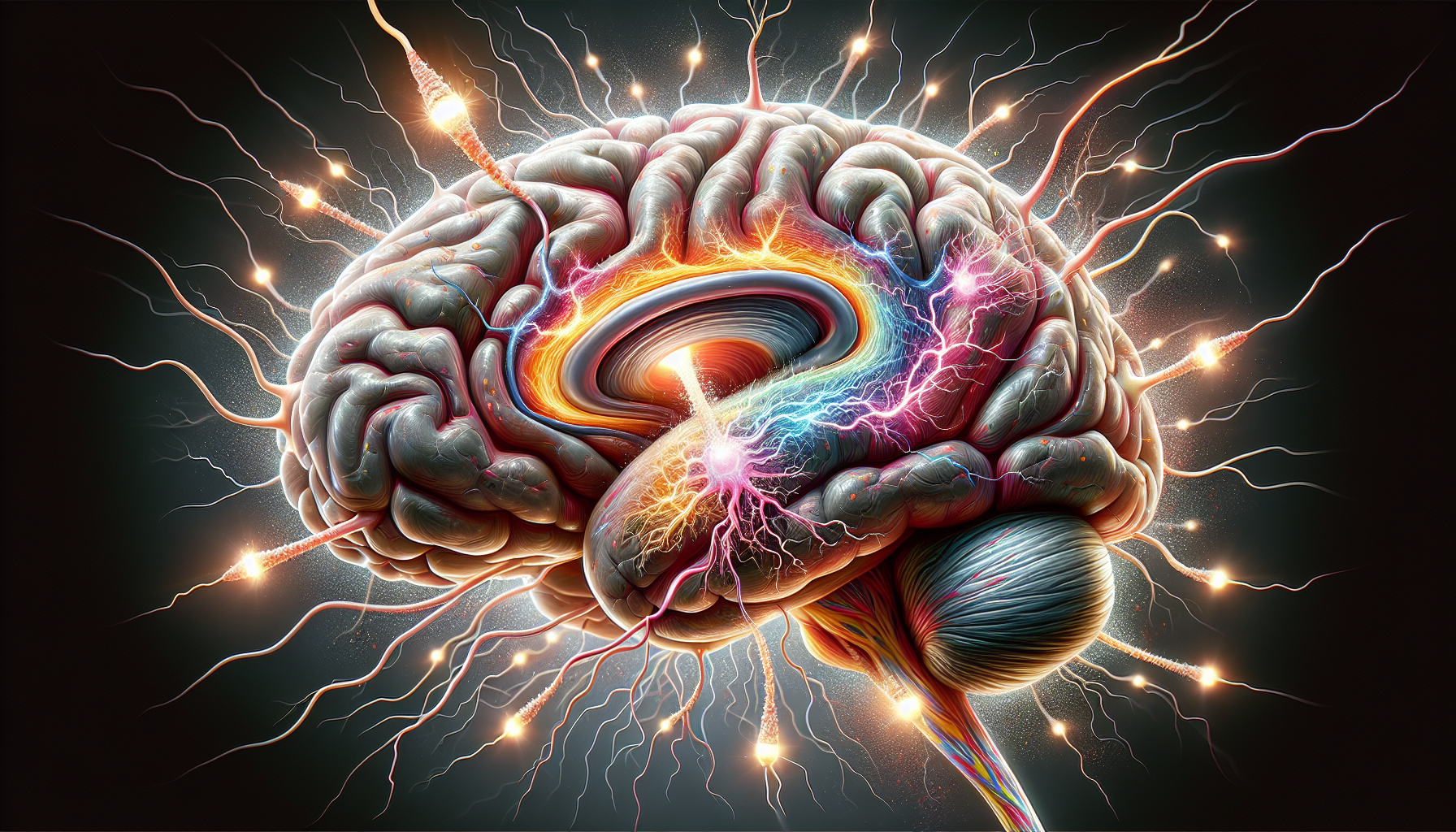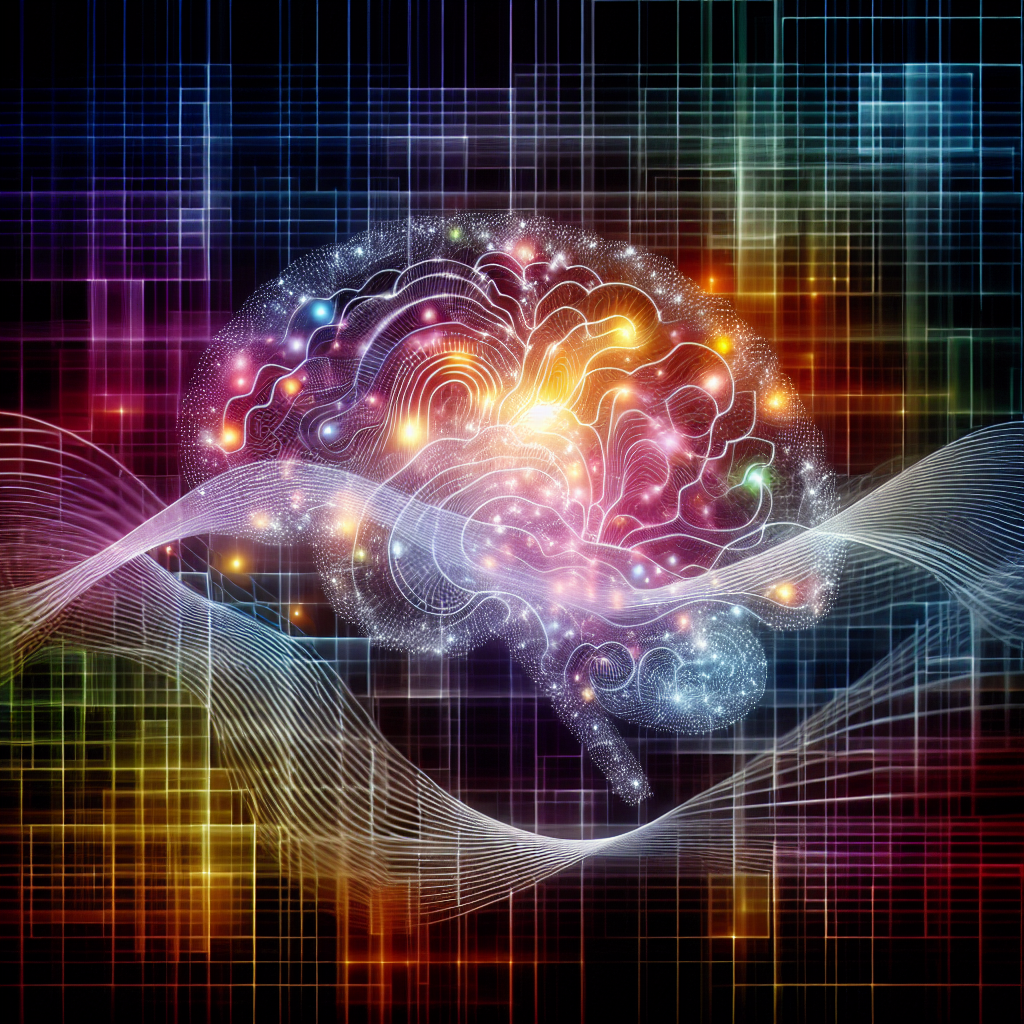The human brain, a complex and dynamic organ, remains one of the most fascinating subjects in healthcare and science. Its health is crucial at every stage of life, from early development to old age. This article delves into the importance of maintaining brain health through various life stages and the strategies we can adopt to support cognitive function and overall well-being.
The Foundation of Brain Health in Early Life
From the moment of conception, the brain begins a rapid process of development that continues into early adulthood. Nutrition, environment, and education during these formative years have a lasting impact on an individual’s brain health. Essential nutrients like omega-3 fatty acids, iron, and iodine are vital for the developing brain. A study by the National Institutes of Health suggests that early life nutrition can have profound effects on cognitive development and neurological health.
Moreover, the role of education and cognitive stimulation in early life cannot be understated. Activities that encourage fine motor skills, language development, and problem-solving lay the groundwork for a healthy brain. For more information on how these activities influence brain health, consider reading about Understanding Neuroplasticity and Brain Health.
The Growth and Resilience of the Adolescent Brain
Adolescence is a time of significant change, not only physically but also mentally. The brain undergoes substantial restructuring during this period, refining itself for adulthood. It is a critical time for developing executive functions such as decision-making, self-control, and social interaction skills.
Encouraging healthy lifestyle choices is essential during adolescence. Regular physical activity, for example, is linked to improved cognitive function and is a cornerstone of brain health. Studies have shown that exercise can enhance memory and processing speed, which are crucial during these years of intense learning and mental development.
Maintaining Cognitive Health in Adulthood
As we transition into adulthood, maintaining brain health becomes a matter of preserving and enhancing what was built during the earlier stages of life. Engaging in mental exercises, pursuing lifelong learning, and maintaining social connections can help keep the adult brain sharp and resilient.
One effective way to boost brain power is through mental exercises, which can range from puzzles and games to learning new skills or languages. The benefits of these activities are well-documented, with research indicating they can improve memory and delay cognitive decline. To delve deeper into this topic, you might explore Mental Exercises to Boost Brain Power.
The Challenge of Brain Health in Older Adults
As we age, our brains naturally experience changes that can affect memory, processing speed, and cognitive function. However, aging does not have to mean cognitive decline. Maintaining a healthy lifestyle, including regular physical activity, a balanced diet, and mental stimulation, can significantly impact the aging brain’s health.
One key aspect of preserving brain health in older adults is the management of chronic conditions, such as hypertension or diabetes, which can adversely affect cognitive function. Emerging evidence also points to the protective effects of a Mediterranean-style diet, rich in fruits, vegetables, whole grains, and healthy fats, on brain health in the elderly. For a deeper understanding of the dietary impact on cognitive function, the article on How Diet Affects Your Cognitive Function provides valuable insights.
Innovations and Future Directions in Brain Health
Research into brain health is an ever-evolving field, with new discoveries and innovations regularly emerging. The study of the gut-brain axis, for instance, has opened up new possibilities for understanding how our digestive health can influence our neurological well-being. You can learn more about this fascinating connection at Brain Health and the Gut Microbiome Connection.
Another exciting area of research is the potential of technology to enhance brain health. The use of brainwave entrainment, for example, is being explored as a tool for cognitive enhancement and relaxation.
In conclusion, maintaining brain health across different life stages is a multifaceted challenge that requires a holistic approach. From the foods we eat to the exercises we perform and the intellectual challenges we undertake, each choice we make can contribute to our cognitive well-being. As research continues to unveil the complexities of the brain, it’s clear that our actions today can have a profound impact on our brain health tomorrow.
For those interested in further exploring the intricacies of brain health and related topics, Avix Health offers a wealth of resources and expert insights. Engaging with this content can provide valuable guidance on how to nurture your cognitive function throughout all stages of life, ensuring a sharper, healthier mind for years to come.



